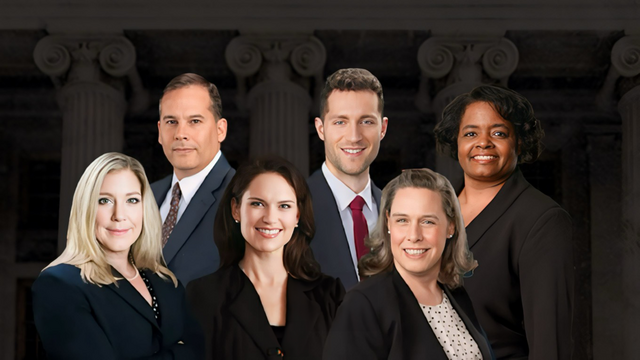Culpeper County Fraud Lawyer
Fraud is a common crime in Culpeper County, partly because the term fraud covers a wide range of unlawful behavior. While the state statutes define many different fraud offenses, they all share one aspect in common. They involve unlawful taking through the use of deception.
This makes fraud a very damaging offense to have on your criminal record. Potential landlords, employers, lenders, and even social acquaintances may be reluctant to work with someone convicted of fraudulent conduct.
If you are facing any criminal charges involving fraud, consider speaking with a knowledgeable Culpeper County fraud lawyer to learn your options for fighting the charges. A skilled criminal defense lawyer could help protect your rights and your record.
Different Types of Fraud
Fraud crimes may involve many different types of illegal conduct and so these offenses are defined in different state statutes. For more information about the different kinds of fraud crimes and the ramifications for a conviction, contact a knowledgeable fraud attorney in Culpeper County.
Overview
Generally, fraud occurs when one person intentionally misrepresents an important fact with the intent that another person will act based on that misrepresentation, and the other person does act on the false fact and suffers harm as a result. The misrepresented fact must usually be an existing fact rather than a promise to do something in the future. However, if someone promises to do something but never has the intent to follow through, that promise may be the basis of fraud.
Statutory Fraud Crimes
The state code devotes an entire chapter to fraud crimes with ten different types of fraud and numerous offenses defined under each type of fraud. Examples include:
- Issuing bad checks
- Identity theft or forgery
- Making false statements to obtain property or credit
- Possession of an unlawful electronic communication device
- Procuring a vehicle with intent to defraud
- Deceptive advertising
- Financial exploitation of mentally handicapped persons
- Money laundering
Some of these offenses are penalized in a similar manner as larceny, meaning that the penalty varies depending on the value of the property unlawfully taken. The penalties for other offenses are based on the nature of the act rather than the monetary value of a particular loss.
Credit Card Fraud
As the use of credit card increases, so do the instances of credit card fraud. Va. Code Ann. §18.2-195 addresses several different ways that an individual may commit this offense.
Consumer Fraud
One of the most common instances of credit card fraud involves the use of stolen, expired or revoked credit cards or credit card numbers to obtain goods, services, or anything of value. The person using the card must be acting with the intent to defraud in order to be guilty of credit card fraud.
Fraud by Sellers
Retailers and others who accept credit cards in payment may commit credit card fraud in numerous ways, including reporting a transaction in an amount more than authorized by the cardholder or failing to provide goods that were reported to the card issuer to have been provided. Again, the party must be acting with the intent to defraud in order to be convicted.
Penalties for Fraud Charges in Culpeper County
For the most part, credit card fraud is penalized based on the value of the property involved. If the amount involving transactions over a six month period is less than $500, the offense is treated as a Class 1 misdemeanor. Penalties include up to a year in jail and a fine of up to $2,500.
If the value is $500 or more, or if a person conspires with another to commit credit card fraud, the offense may be treated as a Class 6 felony with penalties that include up to five years in prison.
Contact a Culpeper Fraud Attorney Today
Having a conviction or even a charge of fraud on your record can cause difficulties for years to come. A knowledgeable Culpeper County fraud lawyer could help you minimize the impact on your record.
Depending on the outcome of the case, it may even be possible to have fraud charges expunged from your record. To learn what may be possible and how to protect your rights, call for a consultation now.




